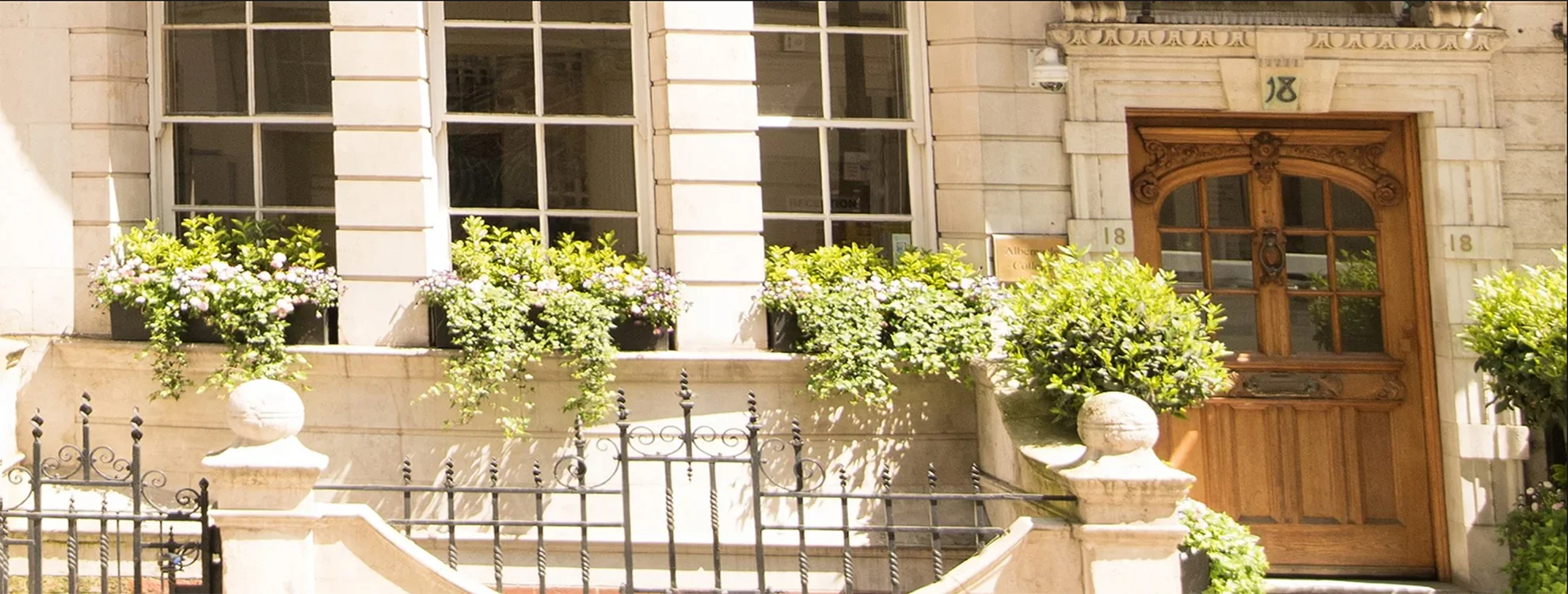








A-level Course Outline
'The most important political office is that of the private citizen'

Component 1: UK Politics
This component will explore the access points of participation in the United Kingdom and is suited for students who have an interest in political participation. Students will learn key political terms which will allow them to converse fluently with fellow students and teachers regarding the subject area. Students will examine the prevalent political ideologies in the UK, socialism, liberalism and conservatism and how they have shaped the political system in the UK. Discussion will centre on how power is transferred peacefully from one party, person or institution to another.
Component 2: UK Government
There is a greater focus in this component on the political institutions in the UK, the executive, legislature and judiciary, and the often contentious relationship between the three which either upholds or undermines the system of checks and balances. We will analyse how the British political system has developed over time and look at the powers exercised by these bodies. It will suit those students who have an active interest in current affairs and wish to further their knowledge of the way the country is run. Students will also get an opportunity to study, more extensively, ideologies that are becoming more and more prevalent; including feminism, nationalism and multiculturalism.
Component 3: Comparative Politics (Global)
This component will introduce students to key ideas, concepts and developments in global politics. Students will learn about the location of sovereignty and power within the international political system and the implications of this for the relationship between states and within them. Contemporary issues will be discussed, such as environmentalism and humanitarian intervention as well as the core theories needed to understand and make sense of the changes that take place at a global level. Students are expected to engage with wider sources in order to stay informed about political developments. Therefore, it is a requirement that students read widely and often.
Skills students will develop
Politics enables students to hone their skills of evaluation. The major emphasis of this Politics course is the development of written and verbal communication. This course will enable students to critically analyse current political affairs and relate the theory of Politics, core ideas, to the political events occurring in the UK and beyond. The expectation of students to stay on top of current affairs means that they will have learnt research skills that prepare them for the independent study that is required in their A-levels as well as for higher education. More importantly; students will have a healthy grasp of issues that affect their everyday lives, equipping them with the knowledge they require to advance a career in almost any field.
| POLITICS (PEARSON) A-level Specification | |
|
Component 1
2x30 mark answers from Section A: Political Participation, one of which is based on a source. |
UK Politics This exam focuses on democracy and participation, political parties, electoral systems, voting behaviour and the media. There will also be an extended question on socialism, liberalism and conservatism. |
|
Component 2
2x30 mark answers from Section A: UK Government, one of which is based on a source. |
UK Government This exam focuses on the constitution, parliament, Prime Minister and executive, relationships between the branches and one idea from the following: anarchism, ecologism, feminism, multiculturalism, nationalism. |
|
Component 3
1x 12 mark answer from Section A |
Comparative Politics (Global Politics) This exam focuses on sovereignty and globalisation, global governance: political and economic, global governance: human rights and environmental, power and developments, regionalism and the European Union, comparative theories. |
Structure of the Course
This course will be taught in 6x 1hour lessons per week. Homework and deadlines must be adhered to in order to progress and achieve the student's full potential. Lessons will consist of debate and the development of written responses. Students will become acquainted with news outlets and resources to assist them in research. Staying up to date with current affairs is essential as this forms the link between theory and practice which is imperative for all students to attain the highest marks in exams.
Suggested Preparation
Students are encouraged to use textbooks for this course, however, the reading of broadsheet newspapers such as a The Guardian and The Times. The Economist also offers students a strong foundation for creating comparative essays. Watching Newsnight, Sunday Politics and Question Times will display to students how to debate topical issues and use correct terminology also.
|
Core Textbook Politics - UK Government and Politics, Political Ideas and Global Politics ISBN-10:1398369152 Further Reading Introduction to International Relations: Theories and Approaches |
|